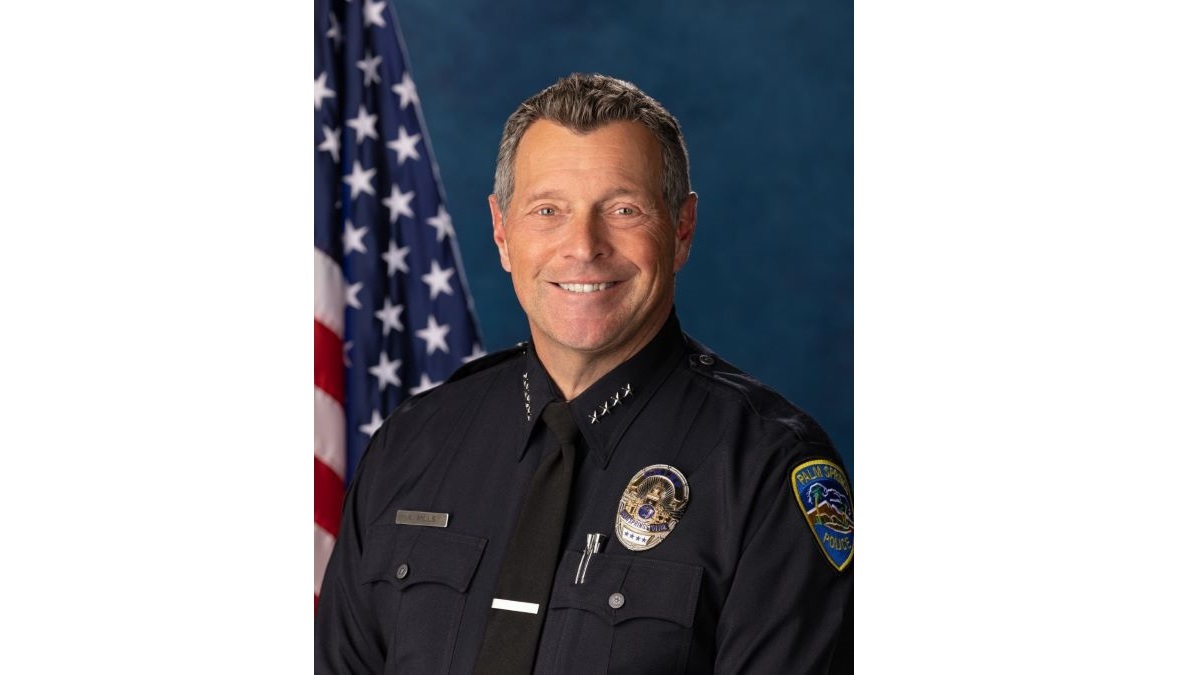Palm Springs Police Department is warning the community to be on guard against phone scammers impersonating police personnel.
According to the alert on Facebook, a recent scam that is now under investigation resulted in the victim buying $40,000 in cash cards from a thief impersonating a Palm Springs Police Department (PSPD) lieutenant asking for money.
The Facebook report strived to make residents aware that the police department does not solicit funds via the telephone.
"PSPD will never make phone calls asking for money. Scammers might pretend to be law enforcement or a federal agency. They might say you’ll be arrested, fined or deported, if you don’t pay taxes or some other debt right away. The goal is to scare you into paying. But real law enforcement and federal agencies will never call and threaten you," the report said.
In providing the details of the $40,000 scam, the social-media post said the victim was reached on their cell phone which displayed "Palm Springs PD" on the caller ID. The scammer used the threat of an arrest or fine for ignoring a subpoena to get money by having the victim buy multiple cash cards over two days. These phone calls required several hours to accomplish.
Besides assuring residents that they will never call and use threats, the report from PSPD also warned against relying on a caller ID. Even when the number seems local or government related, it can be a scammer employing "spoofing" to make a certain name or number show up on the screen.
If confronted with such a call, the simplest way to handle it is simply to hang up, the PSPD said in relaying the recommendation of the Federal Trade Commission. Regardless of whether the caller is a scam artist, the Facebook report discourages residents from dealing with companies that display false identification.
Robocalls are prevalent today and a particular challenge is also dealt with in this PSPD report. With robocalls, it's crucial to avoid pressing any numbers or the calls will snowball. This is even the case when someone is trying to be removed from the call list by seeking a live operator.
To minimize unwanted calls, PSPD suggests a call blocking or labeling feature since getting on the National Do Not Call Registry is not likely to cease international calls. For phone scam victims or those with information about a scammer or company, the problem can be directed to ReportFraud.ftc.gov.

